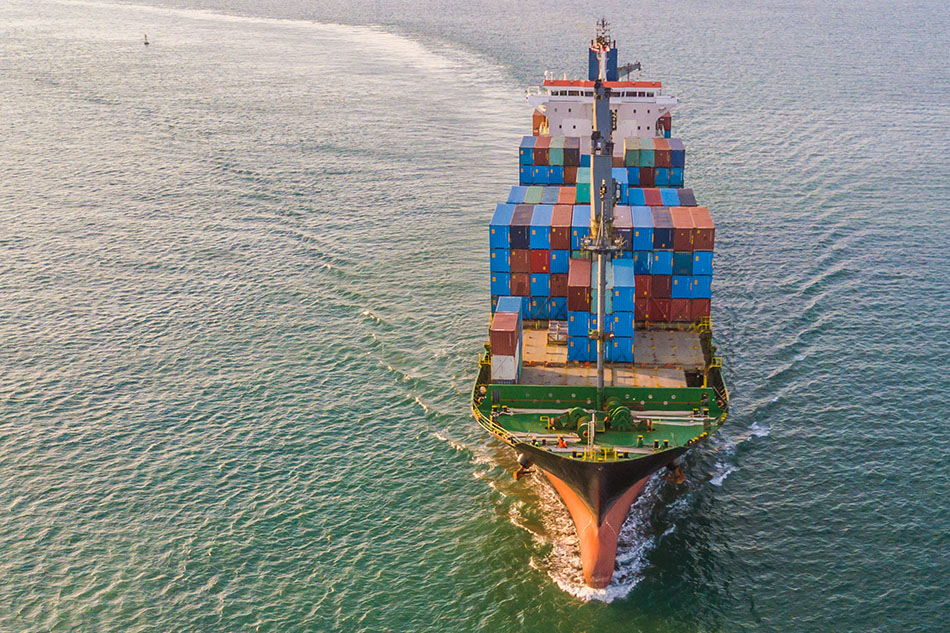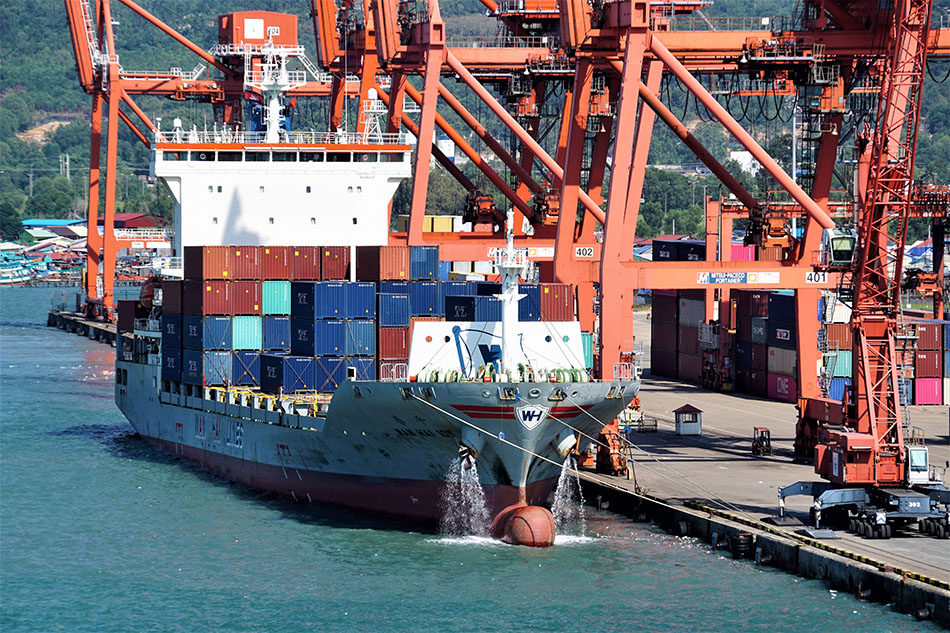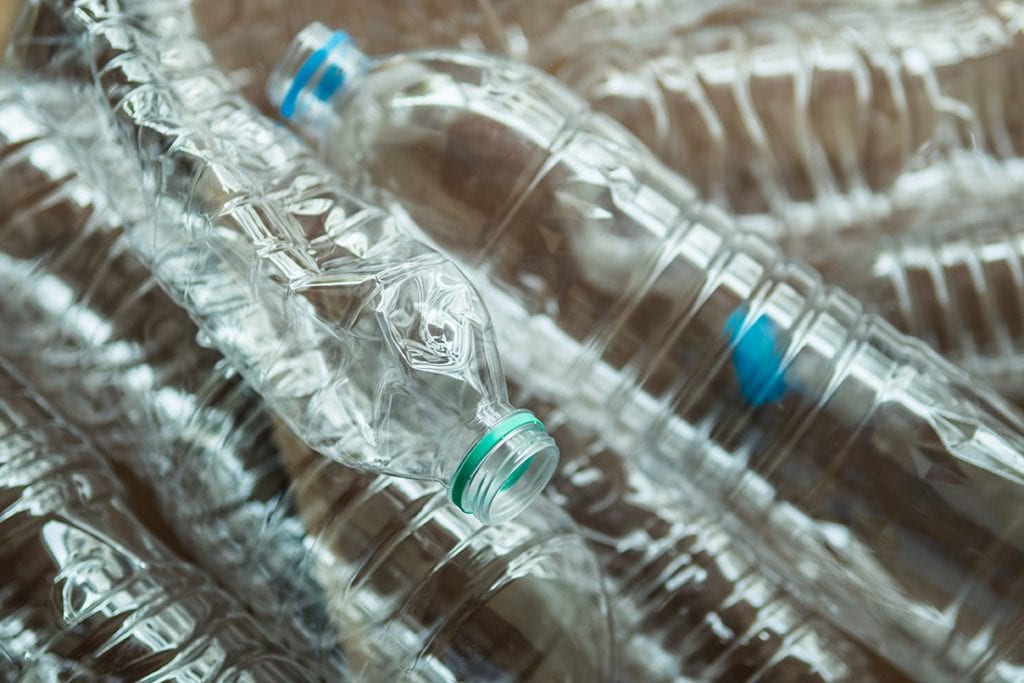
Resin sales for plastic bottle production grew to nearly 9.9 billion pounds in 2018. | Wachiwit/Shutterstock
More plastic bottles were recycled in 2018 than the prior year. But because of an overall bottle production increase, the recycling rate fell.


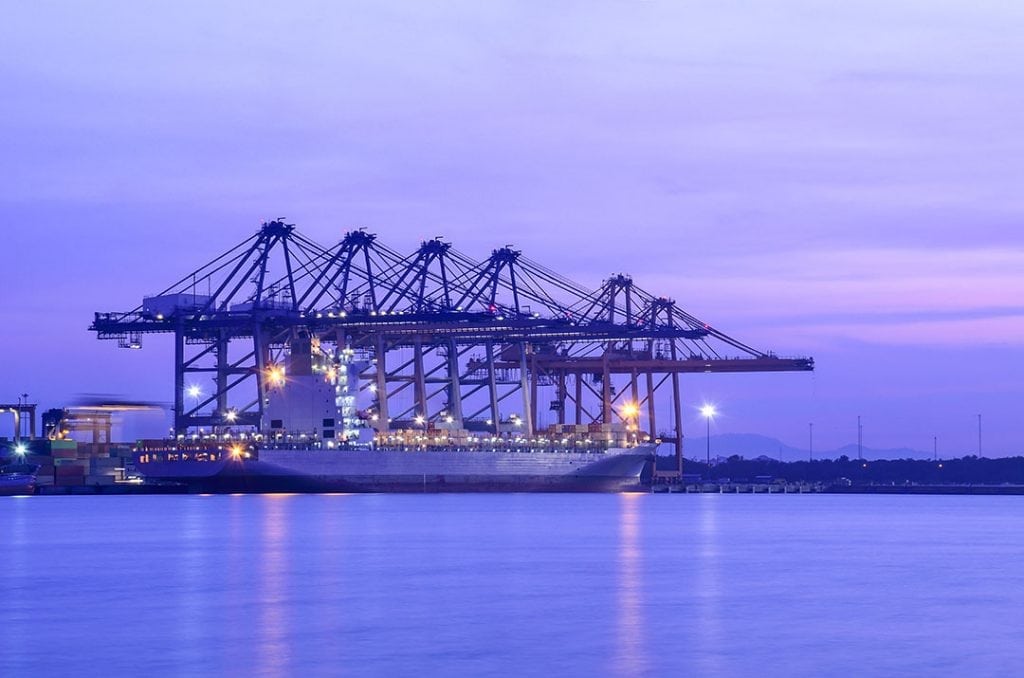
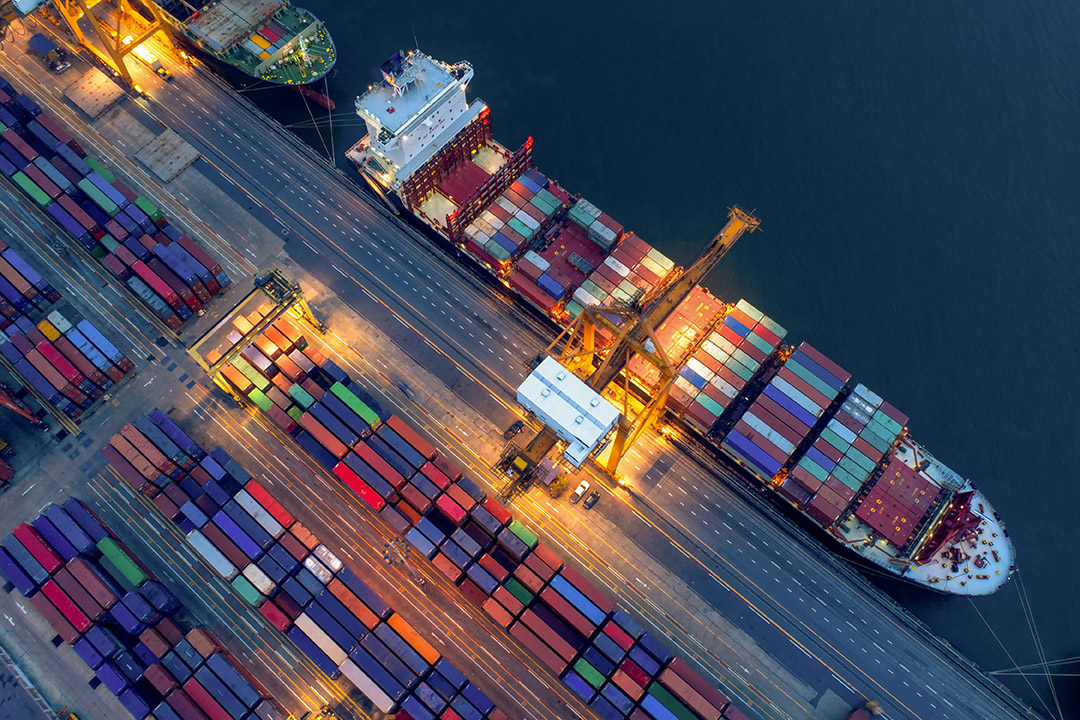
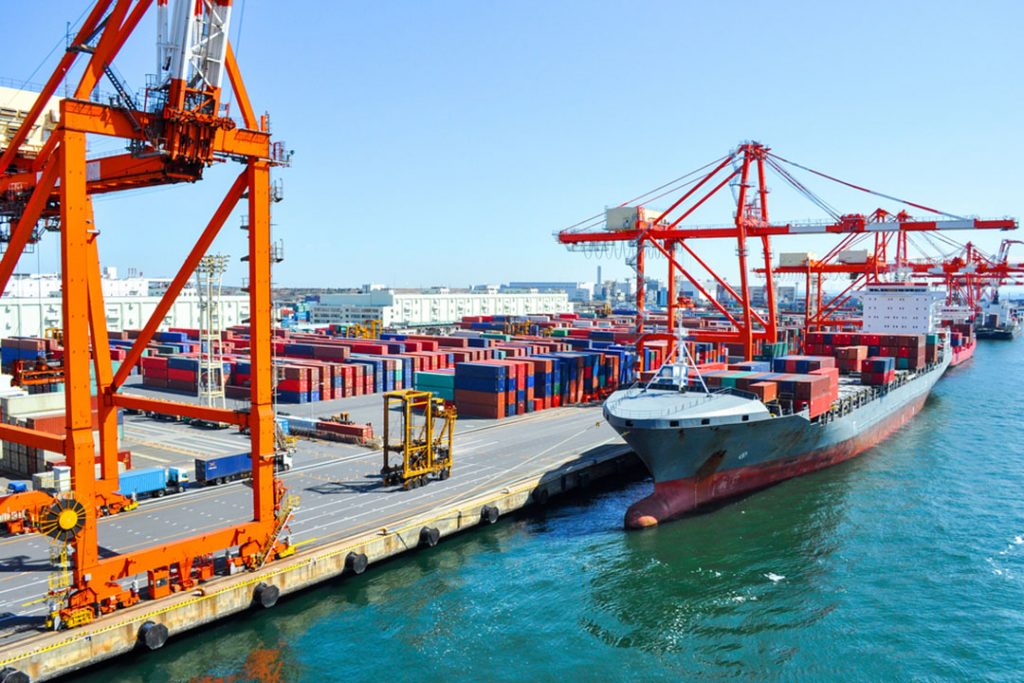
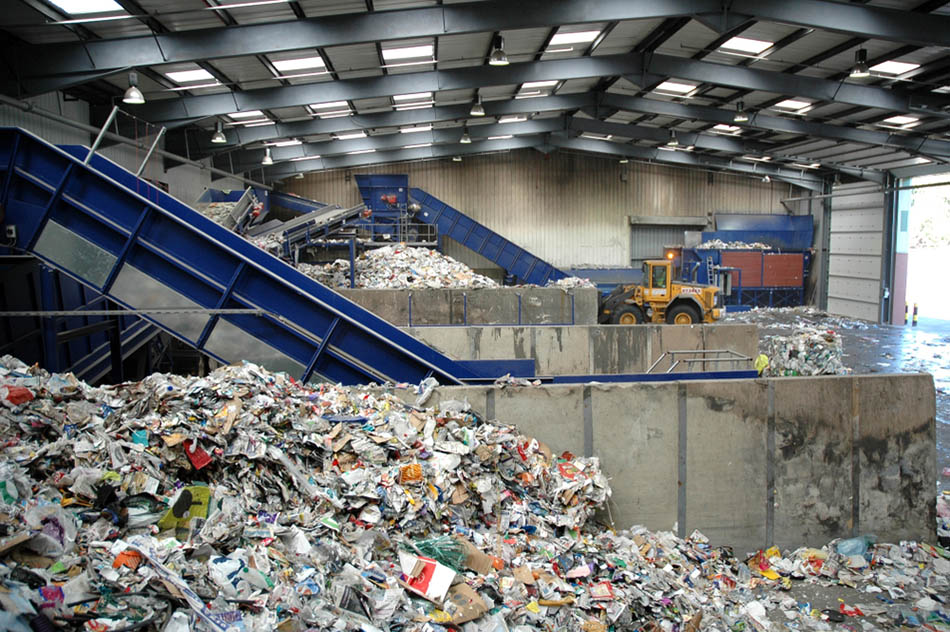
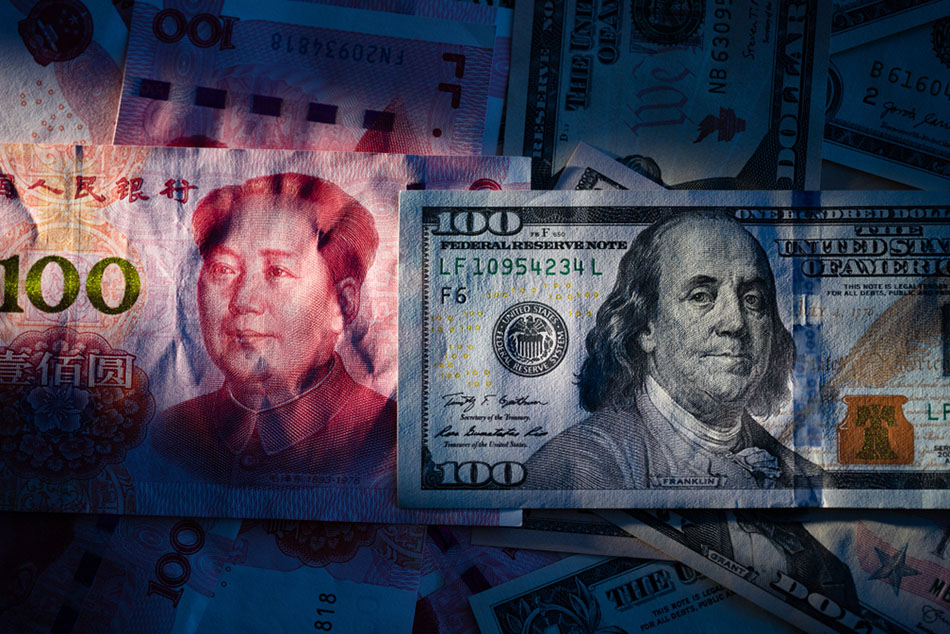

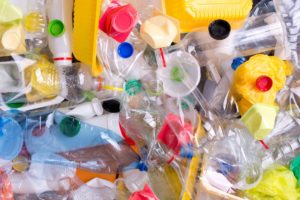 The U.S. has become a focus of investment for a small yet growing portion of the Chinese scrap processing industry. Backers of two in-development operations note they are looking for regulatory stability and a strong supply of recyclables.
The U.S. has become a focus of investment for a small yet growing portion of the Chinese scrap processing industry. Backers of two in-development operations note they are looking for regulatory stability and a strong supply of recyclables.